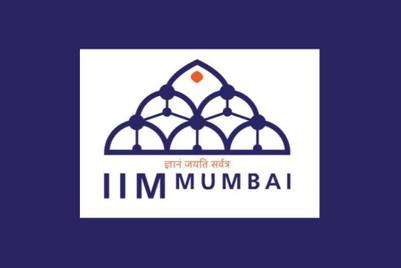Singapore-headquartered Eastwest Public Relations Group, which is in talks to align with a ‘strategic partner’ from the West, is eyeing expansion.
The 20-year-old agency established a presence in China in 2004 and an office in Bengaluru came up in 2014. While the total team size is just 18 people (including four in India), the numbers will go up in the next phase of the agency said founder and MD Jim James, in conversation with Campaign India.
“The first task was to build out the network, rather than inflate the team size. Now that we have a presence across Singapore, China and India, covering two-thirds of the world’s population, we will look to increase the size of the nodes. Over the next six months, we will open offices in Mumbai and Delhi, so that Eastwest becomes a network across India,” he explained.
The India operation is headed by regional associate director Sanjay Bose. All the agency’s current Indian clients are based in Bengaluru. These include real estate players Ozone Group and Skylark Mansions, Tenneco Automotive India and resort Tamara Coorg.
Traditional play still bigger
In 2009, Eastwest announced an investment in Beijing-based interactive outfit Eggplant Digital. James terms social media communications as the ‘shooting star’ (in BCG terms), but estimates that traditional PR spends would still outweigh those on social media by clients.
Asked if social media spends are becoming bigger, he said, “Clients are very, very receptive to the opportunities on social channels and it is a growth path for Eastwest (as it is for the industry). But I don’t think it is bigger than traditional – traditional PR is still a core part of budgets. There is a desire for people to see themselves in print (and digital publications). But yes, social media is increasing in terms of client spends.”
Contending that PR agencies are best equipped to play the content game for social media, James noted that if PR agencies are not at the forefront of that yet, it was because of individual agency owners not prioritising content.
The recent crisis around Amazon was handled swiftly, but several instances exist where brands chose to respond through traditional media rather than social channels, we pointed out to the PR veteran.
James concurred that sometimes responses on social channels are not as swift as they should be. He added, “I think by and large, social media presents the best opportunity for crisis management that companies ever had, with its immediacy, transparency … (sic). But most companies are still not confident enough. Some still prefer to liaise through a known editor or publisher. But now that is changing.”
Also read:



.jpg&h=334&w=500&q=100&v=20250320&c=1)
.jpg&h=334&w=500&q=100&v=20250320&c=1)

.jpg&h=334&w=500&q=100&v=20250320&c=1)


.jpg&h=334&w=500&q=100&v=20250320&c=1)





.jpg&h=268&w=401&q=100&v=20250320&c=1)

.jpg&h=268&w=401&q=100&v=20250320&c=1)
.png&h=268&w=401&q=100&v=20250320&c=1)


